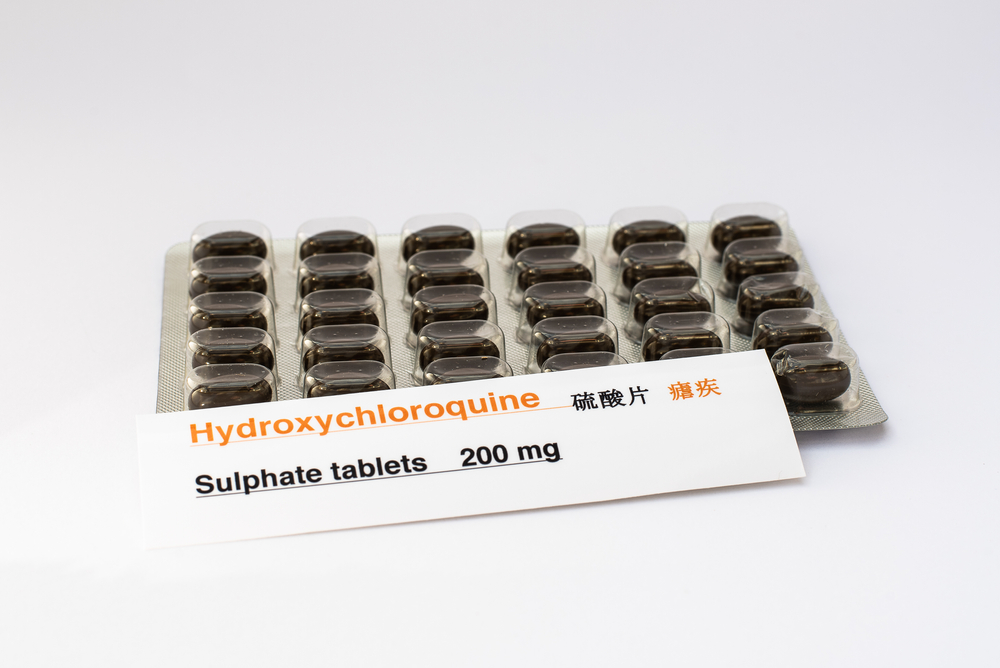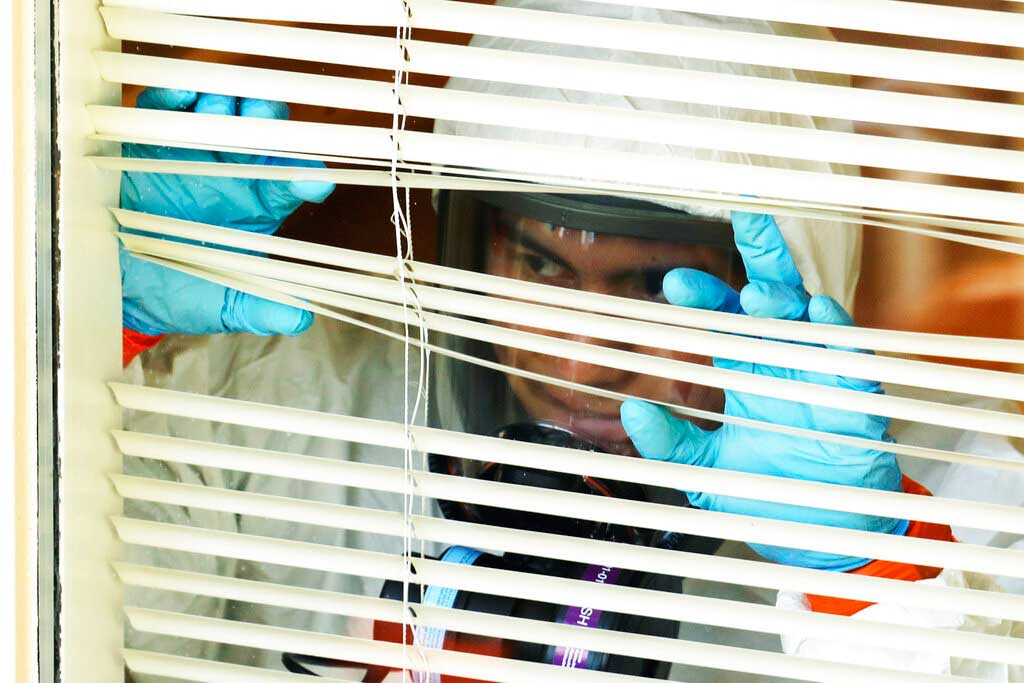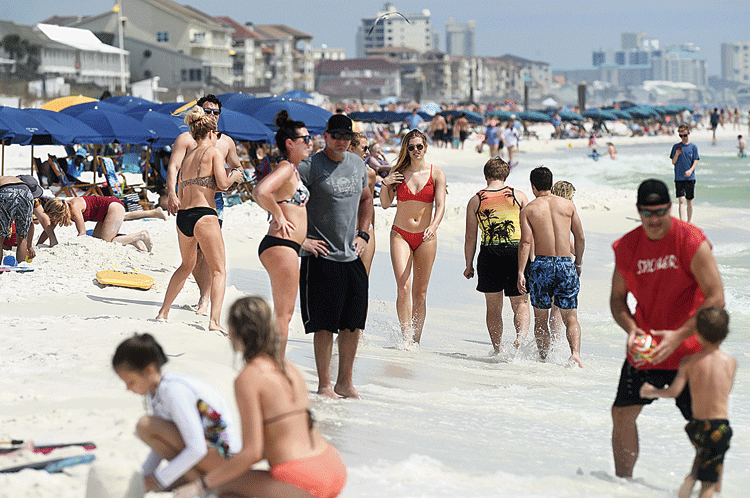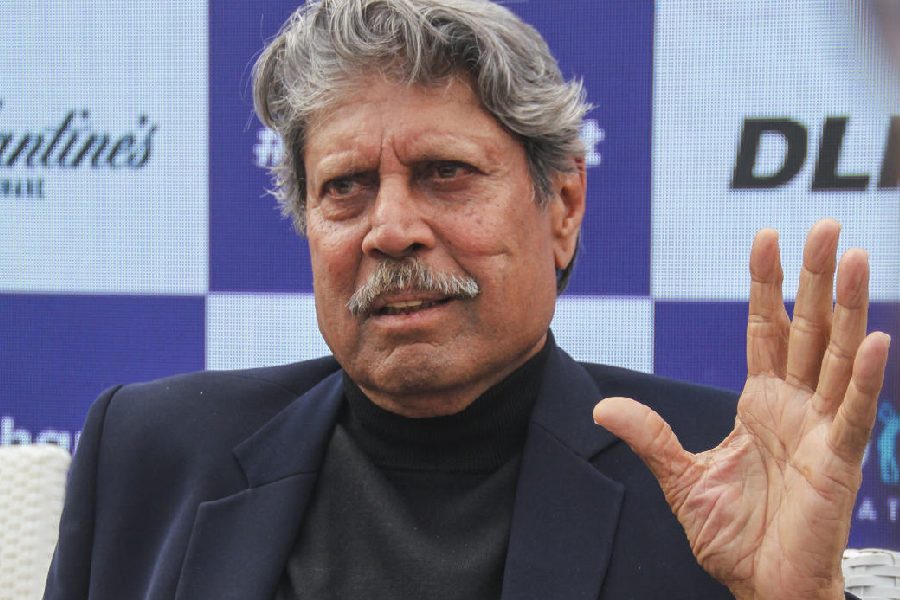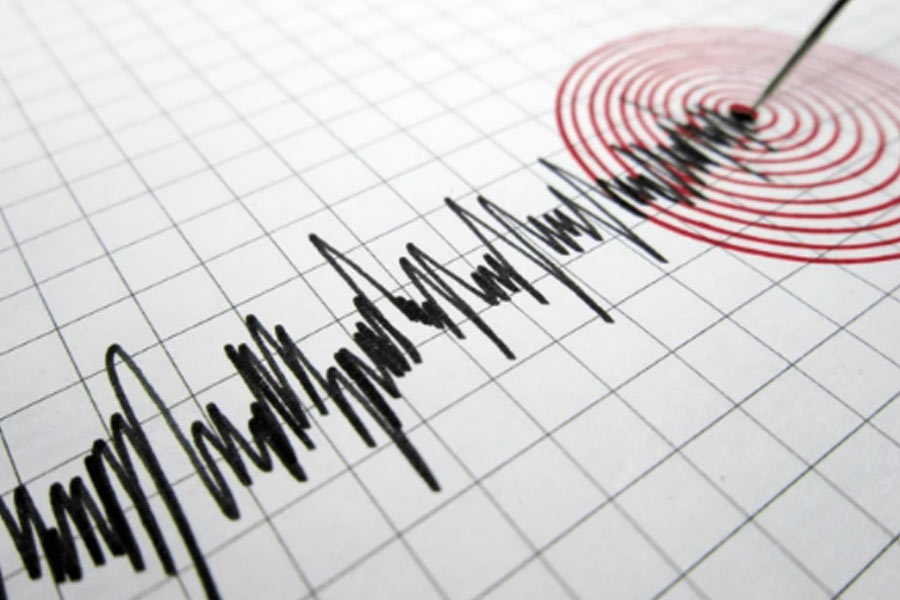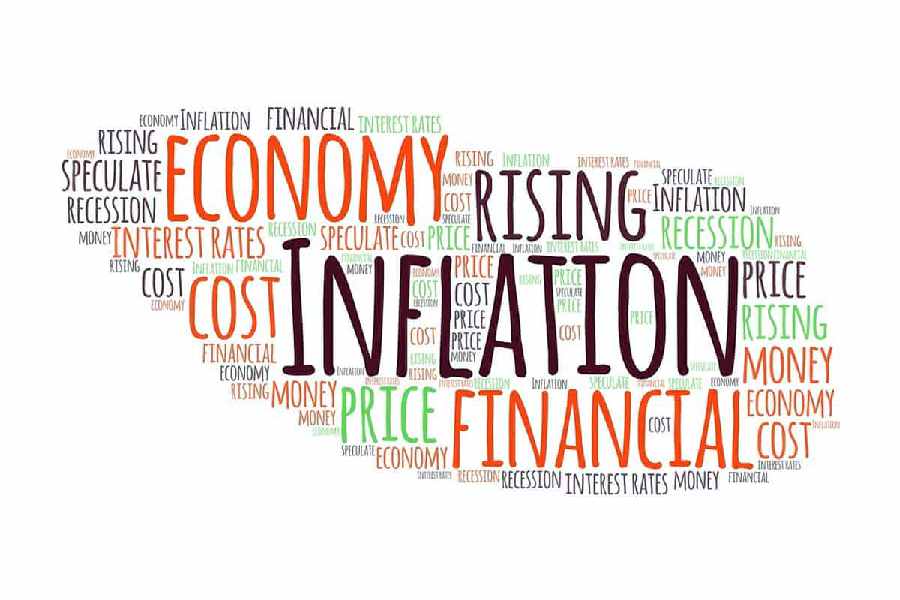India’s health research agency on Monday recommended the anti-malaria drug hydroxychloroquine as a protective medication for healthcare workers treating coronavirus patients and family members of positive cases, puzzling some doctors who said there was no evidence to support this decision.
At least one senior virologist, though, endorsed the move and some of the critics conceded that even if the drug didn’t help, it was unlikely to do any harm.
A task force under the Indian Council of Medical Research (ICMR) said hydroxychloroquine may be used as “chemoprophylaxis” or a preventive agent in two groups of high-risk individuals: asymptomatic healthcare workers treating suspected or confirmed coronavirus patients, and asymptomatic household contacts of all confirmed cases.
The protocol recommended by the task force has been approved by the Drug Controller-General of India for restricted use in emergency situations, the Union health ministry said.
Hydroxychloroquine has been found to be effective against the coronavirus in laboratory and in-vivo (in living organisms) studies, the ICMR said.
It added that its use as prophylaxis emerges from available evidence of benefit as treatment, supported by preclinical data.
The recommendation for its use as a preventive drug is “based on these considerations and risk-benefit considerations in exceptional circumstances that call for the protection of high-risk individuals”, the ICMR said.
President Donald Trump had last week called on US health regulators to speed up potential therapies for the coronavirus disease (Covid-19), including hydroxychloroquine, a Reuters report had said.
“We’re going to be able to make that drug available almost immediately,” Trump had said of the anti-malaria drug at a White House briefing.
But medical experts and US health agencies have clarified that hydroxychloroquine is still under investigation in clinical trials as a possible pre-exposure or post-exposure prophylactic against the coronavirus infection and for the treatment of patients with mild, moderate or severe Covid-19.
No data from randomised clinical trials are currently available to guide the use or dosage of hydroxychloroquine for prophylaxis against or treatment of the coronavirus, the US Centers for Disease Control and Prevention has said in a document.
India’s health ministry has cautioned that the use of hydroxychloroquine should not instil a “false sense of security” in healthcare workers who receive it, and that household contacts of positive patients should remain at home while on the prophylactic therapy.
“This is only for healthcare workers treating (coronavirus) patients and only for household persons (of) confirmed cases,” Balram Bhargava, ICMR director-general, said. “For this, we have enough stocks of the drug in the country.”
The number of doctors, nurses and paramedical staff caring for India’s 400-plus coronavirus patients in hospitals could run into hundreds or even thousands.
A group of Indian physicians — aware that the ICMR task force was contemplating a recommendation for hydroxychloroquine — had on Sunday said there was no evidence to justify the use of the drug as a preventive medication.
“Prophylaxis for Covid-19 is an attractive concept, but there is no scientific evidence that it will work,” Anoop Misra, a senior endocrinologist in New Delhi and a member of the physicians’ group that had cautioned against it, told The Telegraph.
“However, in this war-like situation, such a step could be allowed until good research produces data. This approval should be conditional. We know that chloroquine is not a toxic drug, so at least we know it won’t do any harm.”
Shailendra Saxena, a senior virologist at the King George’s Medical University in Lucknow, however, said that molecular studies on the structure of the coronavirus would support the use of hydroxychloroquine for treatment as well as prophylaxis.

